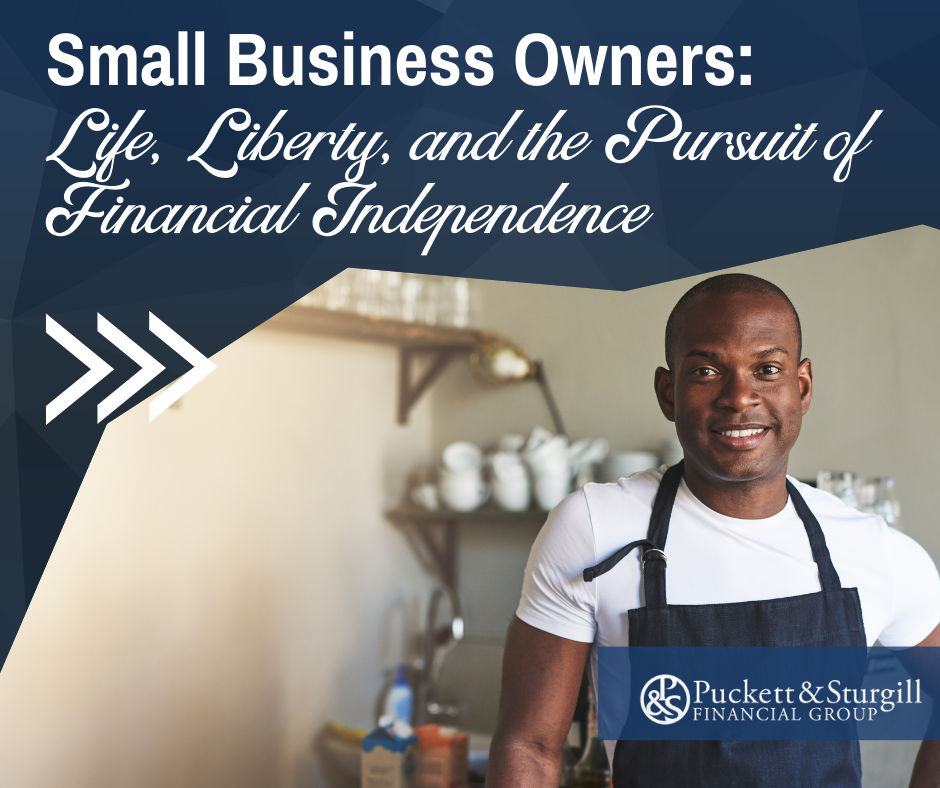5 Tips for Saving and Investing as a Small-Business Owner

As a business owner, putting all your profits back into the business may be tempting, especially during the lean years. However, when it comes to saving and investing as a business owner, there are other paths you could consider for the long run without so much emphasis on the short term.
Maintain Liquid Assets
Everyone needs to have savings. For small business owners, savings are critical. Liquid assets may help you weather challenging times and make you a more attractive candidate for a loan. When times are tough, cash may help carry you through.
Engage a Financial Professional
You may assume you do not have enough money to make paying a financial professional a worthwhile investment. You may believe you cannot afford one. However, as a small business owner, you may benefit from getting help from a financial professional. A financial professional may help manage your tax burden and your operating expenses, with a focus on cash flow.
Do Not Overinvest in Physical Space and Equipment
It may be tempting to purchase or rent a storefront for your new business. However, it may help to avoid falling into the trap that hurts many business owners—the urge to quickly invest in a brand-new office, buy a company car, or otherwise overcommit to physical overhead as soon as the money starts coming in. By expanding at a more reasonable pace as your business growth demands, you may be able to maintain a more sustainable level of growth.
Avoid Ultra-Risky Stocks
Running a business is a gamble in and of itself, so adding a risky stock portfolio on top of this may expose you to extraordinary risk. Investing in individual stocks may be too risky. Instead, consider index funds that track one of the major market indices that might be less risky. However, be aware that no investment is risk-free.
Plan Your Succession
One frequently overlooked part of a successful small business strategy is having a contingency plan for transferring ownership at the time of your retirement or demise. As a business owner, you should have, at minimum, a last will and testament and life insurance in place.
Your will might include instructions to keep things running in your absence (like managing payroll), while life insurance may provide funds for the loved ones you leave behind. A succession plan is a strategy worth pursuing rather than leaving this issue unmanaged.
Important Disclosures:
The opinions voiced in this material are for general information only and are not intended to provide specific advice or recommendations for any individual. To determine which investment(s) or insurance product(s) may be appropriate for you, consult your financial professional prior to investing or purchasing.
Investing involves risks including possible loss of principal. No investment strategy or risk management technique can guarantee return or eliminate risk in all market environments.
All indexes are unmanaged and cannot be invested into directly.
Although index funds are designed to provide investment results that generally correspond to the price and yield performance of their respective underlying indexes, the trusts may not be able to exactly replicate the performance of the indexes because of trust expenses and other factors.
Please keep in mind that insurance companies alone determine insurability and some people may be deemed uninsurable because of health reasons, occupation, and lifestyle choices.
This information is not intended to be a substitute for individualized legal advice. Please consult your legal advisor regarding your specific situation.
This article was prepared by WriterAccess.
LPL Tracking #1-05372579



